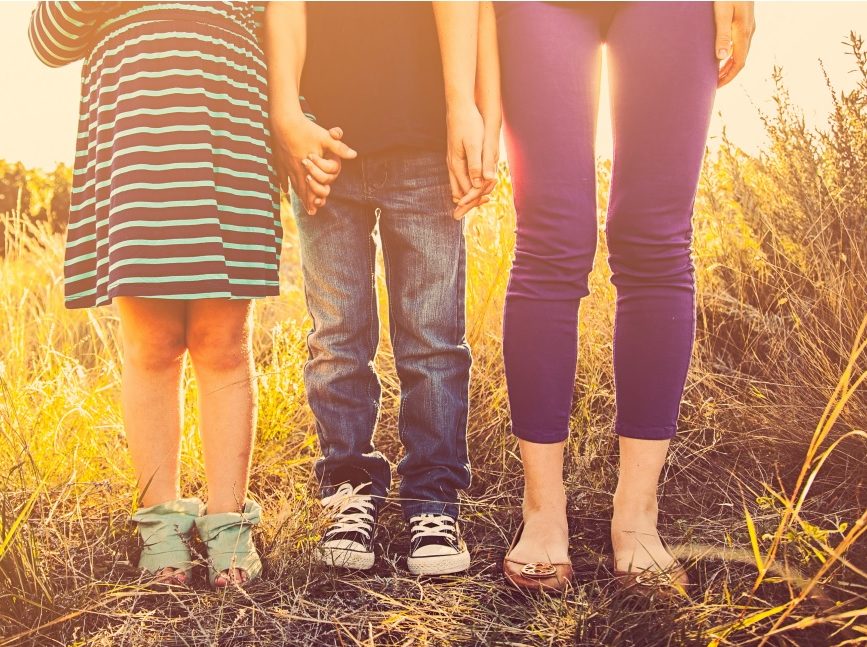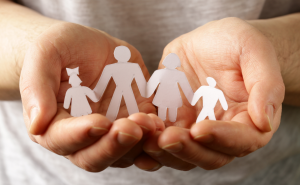Family contact in adoption
We no longer live in an age when the facts of adoption are kept secret from children. “Separation from birth family is traumatic and growing up without biological family is an extremely difficult and abnormal experience for adoptees, which is why birth family links are so important.” PAC-UK and the University of East Anglia survey conclusion (October 2022).

Helping your child understand their story
Adopted children need to know and understand their history. Photos, life story work, and family contact are key to growing your child’s self-confidence and they are important to help children make sense of what happened in the past and to help them remember important people who were involved earlier in their lives.
Keeping some form of contact with a birth family generally benefits everyone involved and provides a sense of personal history, which is vital to a child’s developing sense of identity and helps them to integrate the past with the present.

What is family contact?
Contact is the phrase used to describe how a child keeps in touch with their birth family and other people who are important to them. This may be directly through planned meetings or through the supported exchange of letters often known as Letterbox contact. Family contact can help to reassure adopted children that they are loved and not forgotten; it can help them to understand why they were adopted.
Family contact can benefit adopters by helping them to understand their children and to answer questions about their birth family. Supporting children with family contact can help to build closeness in the adopted family, reassuring the child that adoptive parents accept their thoughts and feelings, their curiosity about, and connection with their birth family.
How does family contact work?
Social workers will work with everyone involved to draw up a contact plan. Any family contact agreed will be assessed to ensure it is safe for everyone involved, and direct contact will only be recommended when it is in the child’s best interests. Each child will have different needs as they grow and the plan should change over time to reflect these.

Letterbox contact is a managed exchange of letters. Adopters will provide a letter on behalf of the child, usually providing some information about their progress, interests, or activities. Some agreements include the sharing of a photograph. The birth family members will also write to the adoptive family.
All letters are sent via a Letterbox coordinator who reads the contents to check they are appropriate. Once the letters are agreed they are forwarded on. All correspondence will be scanned and copies are added to the child’s electronic file, which will be accessible once the adopted child reaches their 18th birthday, should they request to read it.
We encourage adoptive parents to write to birth family members, even if the birth family does not feel able to write back, as it sends a powerful message to the adopted child of your commitment to their birth family and their important relationships from the past.
Direct contact is agreed only when it is safe for all. This is usually a face-to-face meet-up with birth family members such as a sibling, birth parent a grandparent. This can also include other important people in the child’s life, e.g. a foster carer. The meet-up usually takes place in a community environment, for example in a park or playground, or maybe an arranged day out, e.g. bowling.
Contact workers can help adopters with planning, and they may be present throughout where necessary to help set up and manage the meet-ups. They are also available to provide support and reassurance.
Support and advice
Support, advice and guidance to you, or your child about any aspect of family contact including unexpected contacts or changes to the plan is always available from your Regional Adoption Agency. They will be able to provide assistance and guidance about how to engage in flexible family contact that allows for safe meaningful lifelong relationships.
Please visit www.twogoodmums.co.uk which shares the inspirational story of how birth mum Laura and adoptive mum Peggy work together to support their two children.
Do you want to speak to someone?
Let us help you to find the advice you need
